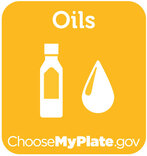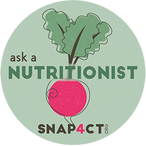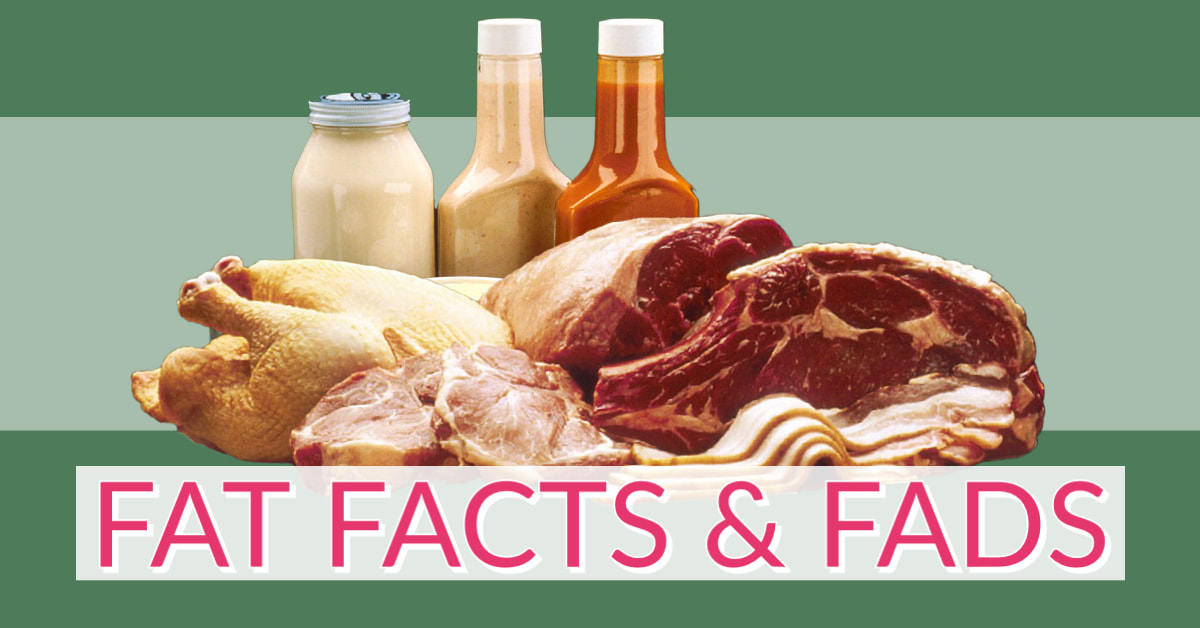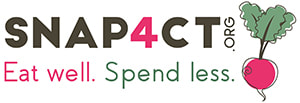Coconut Oil

The good:
- It tastes good - Coconut oil does not have a strong coconut taste or smell. It is commonly used in delicious, traditional dishes from India, the Philippines, and Polynesia.
- It's vegan - Unlike most other solid fats, coconut oil is made from plants. This makes it popular with people who choose not to use animal products.
- It can take the heat - Coconut oil can withstand high temperatures, so it is good for stir frying and sauteing.
- It contains medium chain triglycerides (MCTs) - The reason coconut oil is thought to be good for our health is because it contains MCTs. These are small fats that can be absorbed by the body without being broken down. This is believed to make us feel fuller and prevent fat from being stored in the body.
The bad:
- It's high in calories - All fats, including healthy ones, are high in calories. One tablespoon of coconut oil contains about 120 calories. Butter has 100 calories and vegetable oil has 125 calories per tablespoon. These are all high calorie foods.
- It's high in saturated fat - Coconut oil consists of 80-90% saturated fat, which makes it solid at room temperature. As you might recall from The Truth About Fat: Part 1, solid or saturated fats raise our "bad" cholesterol (LDL) and risk of heart disease and stroke.
- It's low in MCTs - The suggested health benefits are based on studies that used coconut oil made from 100% MCTs. Coconut oil purchased at the grocery store is about 50% MCTs, so health benefits are likely exaggerated.
The bottom line: Don't believe all the hype. Coconut oil will not cure your health problems. If you like using coconut oil, it can be part of a healthy diet if used in small amounts.
Ketogenic (Keto) Diet
The good:
- It limits the amount of food you eat - Reducing the number of calories you eat, no matter the eating plan, can help you lose weight. Many people also report reduced hunger when following a ketogenic diet.
- It limits added sugar and processed foods - Foods full of added sugar like soda, fruit juice, cake, ice cream, and candy are not allowed on this diet.
- It can work for some people - The ketogenic diet was originally created as a therapy for some people with seizures. In this case, the diet is prescribed by a physician, started in the hospital, and must be closely monitored.
The bad:
- It excludes foods with lots of nutrition - Grains (like bread, pasta, rice), beans, fruits, and starchy vegetables are not allowed. This means you'll miss out on fiber, and certain vitamins and minerals that only come from these foods.
- It's hard to stick to - No matter the plan, restrictive diets are hard to maintain long term. Once a normal diet is resumed, the weight that was lost will likely return.
- You might get "keto flu" - Some people feel sick when they start a keto diet. You can experience headaches, fatigue, dizziness, upset stomach, and brain fog. Yuck!
- It may be bad for your heart - Some sources of heart healthy unsaturated fats (nuts, seeds, avocado, and olive oil) are included in the keto diet, but foods rich in saturated fats (palm oil, coconut oil, lard, butter) are encouraged in high amounts. This diet also does not favor lean protein foods like chicken and fish over bacon, full-fat dairy, and fatty cuts of meat that are high in saturated fat.
- It can be expensive - Since budget friendly plant proteins, like beans and legumes, are not allowed, the diet focuses on animal proteins which cost more. In fact, meat and seafood can cost three times as much as plant foods!
- It may cause constipation - Removing fiber rich foods like whole grains and fruit may make using the restroom more difficult.
If you choose to give keto a try, make sure you eat a variety of high fiber veggies, focus on unsaturated, heart healthy fat choices, and choose lean proteins like chicken and fish.
Want More Information?

- Learn more about oils and soild fats from ChooseMyPlate.gov
- Read about including coconut oil in a healthy diet from this Harvard Health Blog: Is there a place for coconut oil in a healthy diet?
-
What is a Healthy Eating Style? from ChooseMyPlate.gov
- Do you have a question about fat that we didn't answer in our two part blog? Let us know using our Ask a Nutritionist from. We'd be happy to answer it!



 RSS Feed
RSS Feed

